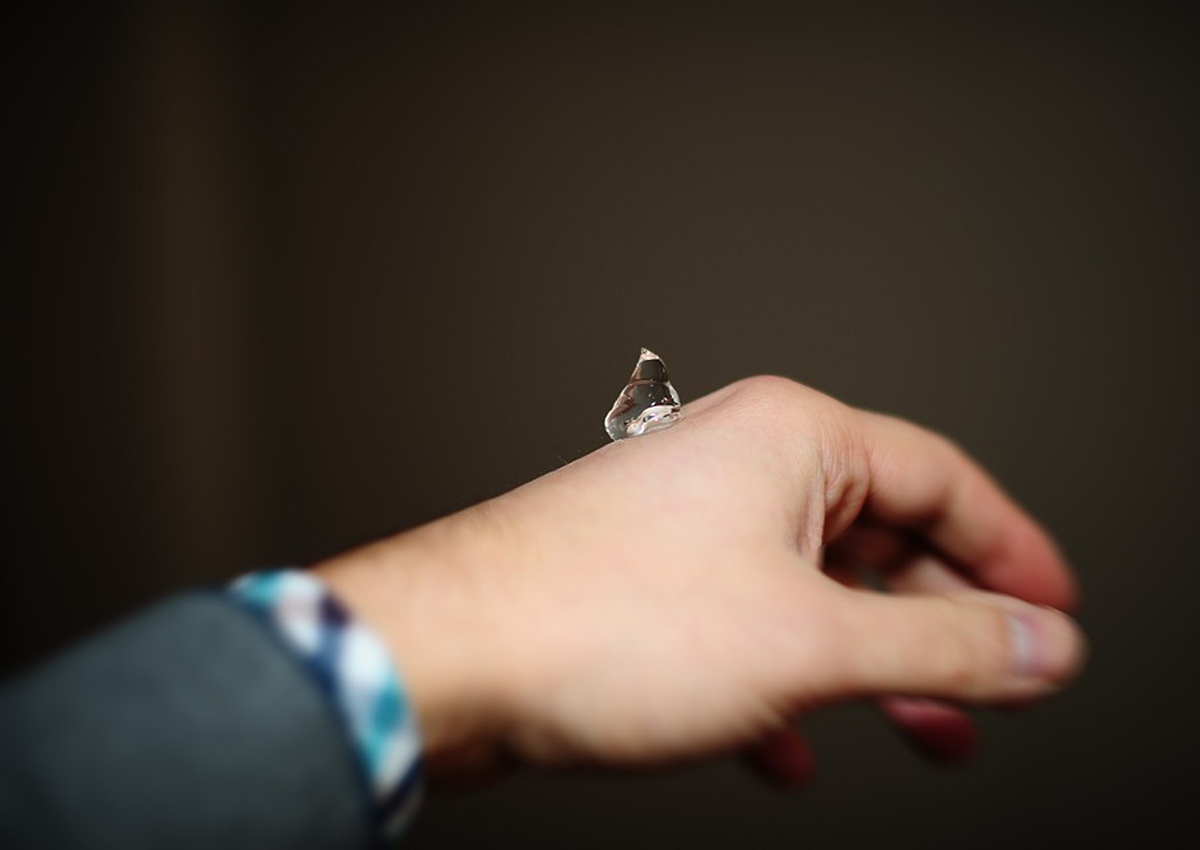A new type of birth control for men is in the works

Much as the male condom is an easy form of contraception, it can be quite the mood-killer. And since the next best no-frills option is the pill, the responsibility of birth control often fall on us women. Which isn't a big deal - except it makes some of us suffer from nausea, intermittent spotting or even weight gain.
You may thus be delighted to hear that a new type of no-frills male birth control may be coming our way. And it's not to be used during sex, so there won't be any mood-killing.
After more than 10 years of research, a contraceptive gel for men will be going on trial this April. More than 400 couples from several countries will be involved in this study by the National Institute of Child Health and Human Development, which is part of the US National Institutes of Health.
The gel isn't meant to be slathered on the genitals. Instead, half a teaspoon of it is to be massaged into the skin on the arms and shoulders every day.

Here's how it works: after travelling into the bloodstream, two synthetic hormones, progestin and testosterone, prevent the testes from making enough testosterone to produce enough sperm. It may sound pretty contradictory that replacement testosterone is used, but it's necessary for keeping hormonal imbalances at bay.
"I am very confident that if men put the gel on every day and apply it correctly, it will be effective," Dr. Stephanie Page, a professor of medicine at the University of Washington and a principal investigator in the trial, told the MIT Technology Review.
The gel has actually already proven to be effective in a previous study. However, that study required two different types of gels to be applied on different parts of the body.
Researchers have said that the gel can suppress sperm levels for around 72 hours, so missing a dose for a day or two, albeit not ideal, will be forgivable.
This upcoming study will be taking place over the next four years. OK, so by "soon" we don't mean tomorrow, but what's a couple more years compared to a lifetime of convenient contraception?
This article was first published on CLEO Singapore